Motorhome Hire – Tips, Costs & Best Practices
If you’re thinking about renting a motorhome, you’re not alone. More families and friends are swapping hotels for the freedom of the open road. The right motorhome can turn a simple holiday into an adventure you’ll remember forever. Below you’ll get clear, practical advice that covers everything from choosing the right vehicle to keeping costs low and staying safe on the road.
How to Pick the Right Motorhome for Your Trip
First, think about how many people will be traveling. A compact campervan fits two to three adults comfortably, while a larger motorhome can host a family of five with room to spare. Measure the living space in your head – you’ll need a bed, a cooking area, and some storage for clothes and food. If you’re new to motorhome life, a model with slide‑out beds and a simple layout is easier to manage.
Next, check the engine size and fuel type. Diesel engines are common and give you better mileage, but they can be louder. Some newer models run on LPG or even electric, which can save money at campsites that charge for power hookups. Look at the vehicle’s fuel consumption rating and compare it to the distance you plan to travel.
Don’t forget the basics: driving licence requirements, insurance coverage, and mileage limits. Many hire companies let you add extra kilometres for a small fee, but it’s cheaper to stick to the included allowance if you can. Ask about a full‑breakdown service – it can save you a lot of stress if something goes wrong in a remote area.
Saving Money and Staying Safe on the Road
One of the biggest money‑savers is boondocking, or wild camping, where you park off‑grid and use your motorhome’s batteries for power. Our article on Boondocking Explained walks you through the legal spots and what you need to stay comfortable. Pair that with a 12‑volt TV run directly from the battery (see the Running a 12‑Volt TV Off a Battery guide) and you’ve got entertainment without a pricey campsite plug‑in.
Another tip is to master the camping triangle – the safe layout for setting up your campsite. The triangle helps you plan where the vehicle, cooking area and sleeping zone go, reducing fire risk and keeping everything within easy reach. Check out the article What Is a Camping Triangle? for a quick visual guide.
If you’re budgeting, compare daily hire rates across several websites – the post Best Websites to Find Your Perfect RV lists the top places to search. Look for off‑season discounts, early‑bird specials, and free mileage offers. Adding a short‑term insurance policy can also be cheaper than the full coverage some companies bundle in.
Safety comes first. Always park on level ground, hook up the stabilisers, and turn off the engine when you’re sleeping. Keep a fire extinguisher within arm’s reach and test your smoke detector before you set off. If you plan to stay on public roads overnight, double‑check local laws – for example, the UK has specific rules about stealth camping that you’ll find in the Is Stealth Camping Legal in the UK? article.
Finally, enjoy the journey. Use the freedom of a motorhome to explore hidden gems, pull over at a scenic viewpoint, and cook a simple meal on the stove. Whether you’re heading to a quiet forest, a bustling seaside town, or a national park, the right preparation turns a motorhome hire into a smooth, unforgettable road trip.
-
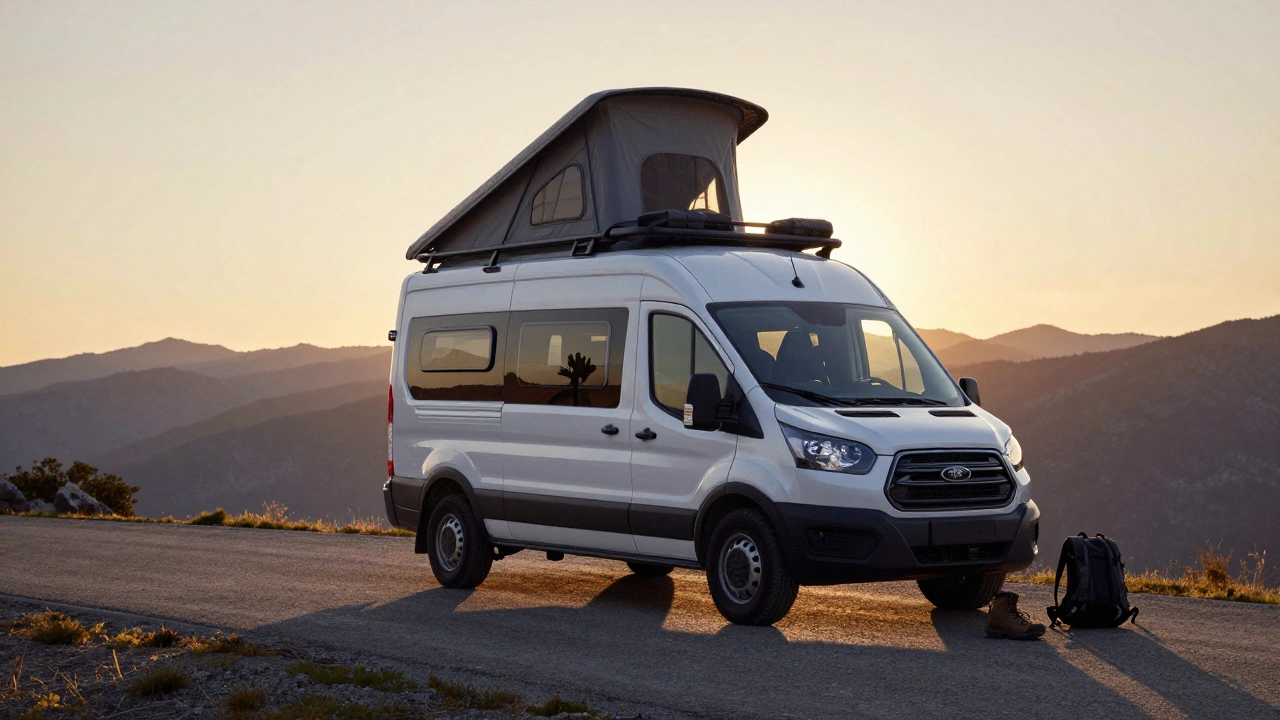 VIEW POST
VIEW POSTWhat is a Class B Motorhome? A Simple Guide for First-Time Renters
Feb, 8 2026|0 CommentsA Class B motorhome is a compact, van-based RV perfect for first-time renters. It offers sleeping, cooking, and storage in a small, easy-to-drive package - ideal for couples and solo travelers on a budget. -
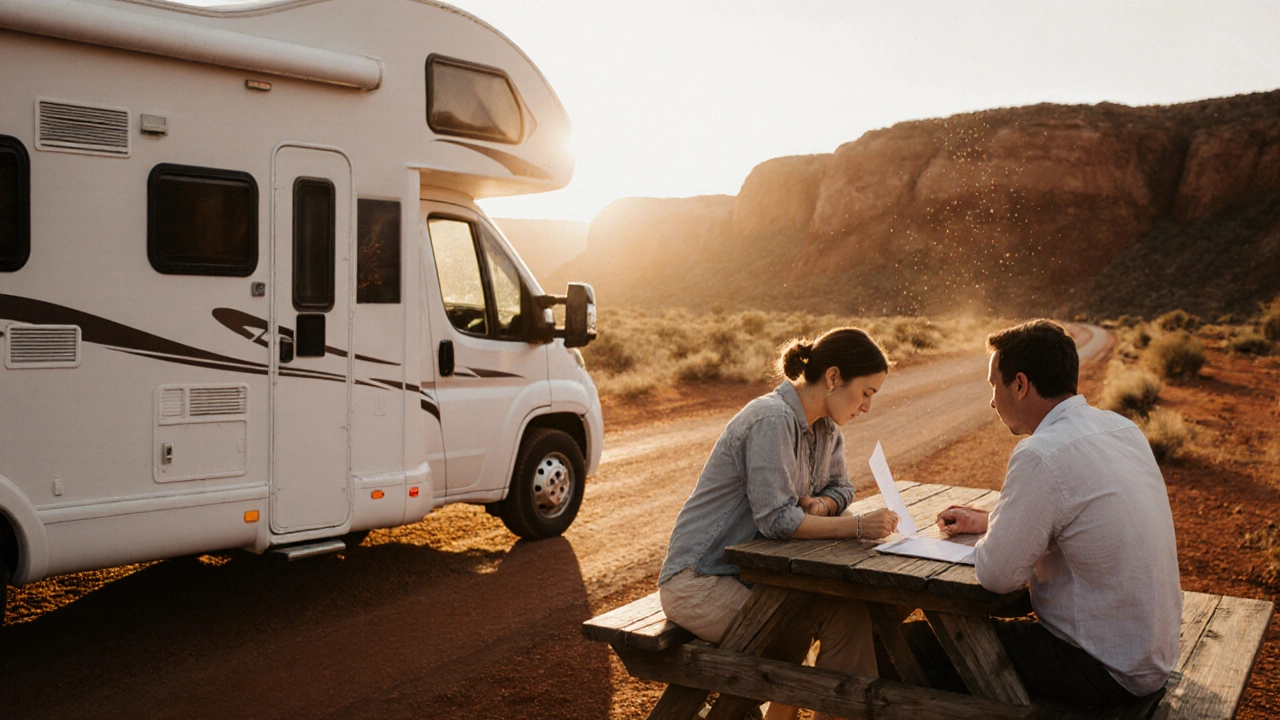 VIEW POST
VIEW POSTUnderstanding the 305 Day Rule for Motorhome and Caravan Rentals
Sep, 29 2025|0 CommentsLearn what the 305 day rule is, who it affects, and how to stay compliant when renting out motorhomes or caravans in Australia. -
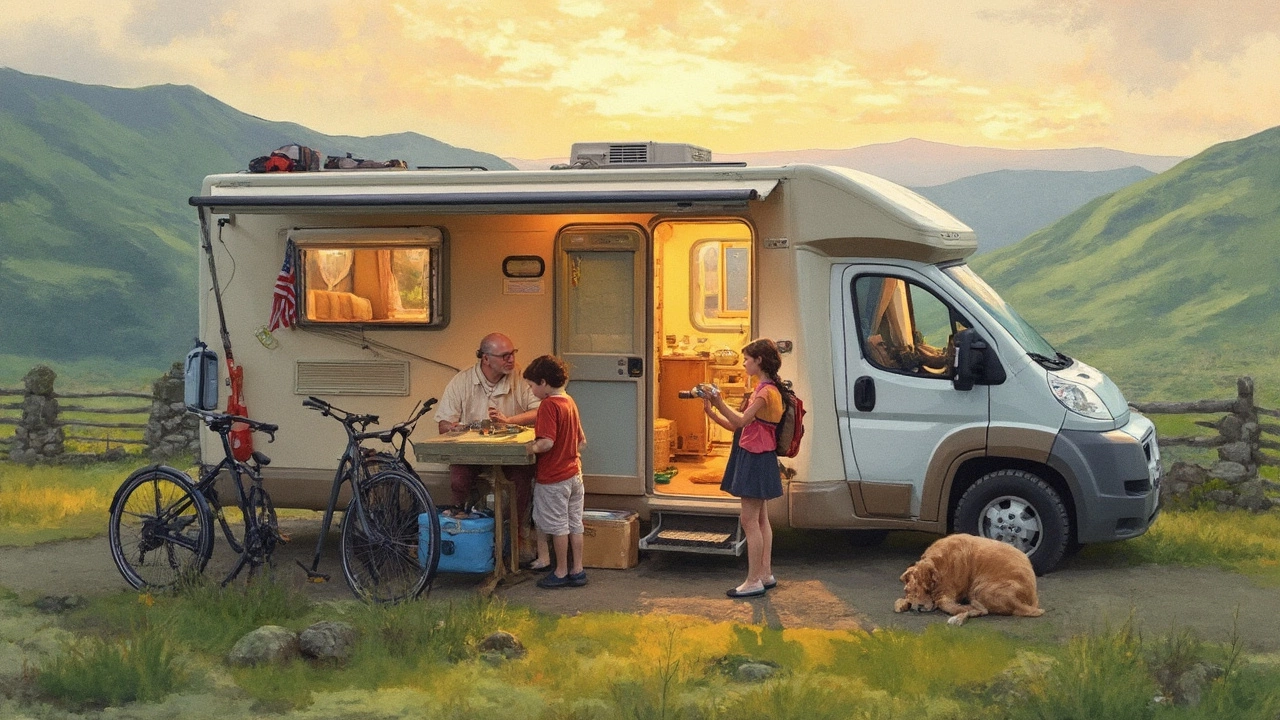 VIEW POST
VIEW POSTCan a Person Live in an RV Full Time? Pros, Reality, and Tips
May, 18 2025|0 CommentsThinking about ditching your regular home and living full time in an RV? This article digs into what RV life actually looks like day-to-day, covers real-world pros and cons, and dishes out honest tips for making it work. Get ready to find out if you need a special mindset, how much it really costs, and what you'll need to consider before you hit the road. Whether you're serious about it or just curious, you'll walk away knowing if the full-time RV life is for you. Bring your questions, your curiosity, and maybe your adventurous side. -
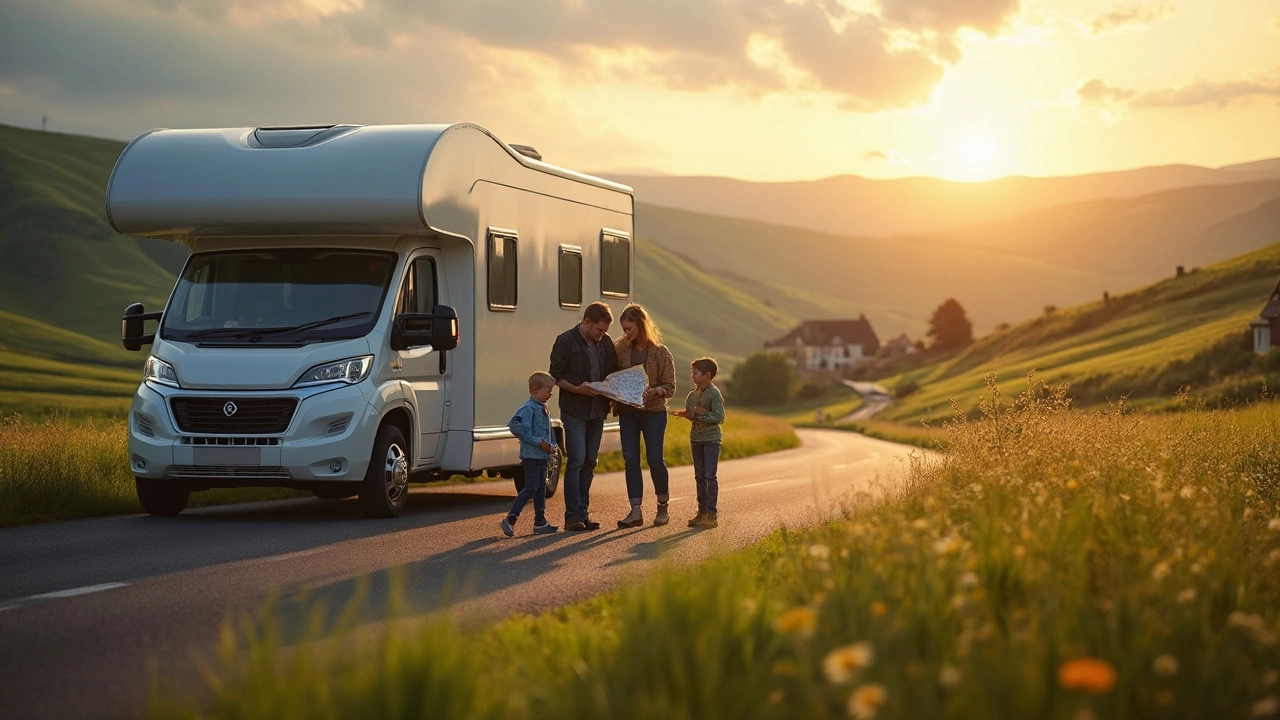 VIEW POST
VIEW POST3-3-3 Rule for RVing: The Simple Strategy for Smoother Road Trips
May, 15 2025|0 CommentsWondering how to make long RV trips easier? The 3-3-3 rule is a game-changer for both newbies and seasoned RV travelers. It's about managing drive time, stops, and stress, so you can actually enjoy your journey. This guide breaks down what the 3-3-3 rule means, why it works so well, and how you can use it for any motorhome adventure. Plus, get tips on what most people get wrong when driving cross-country. -
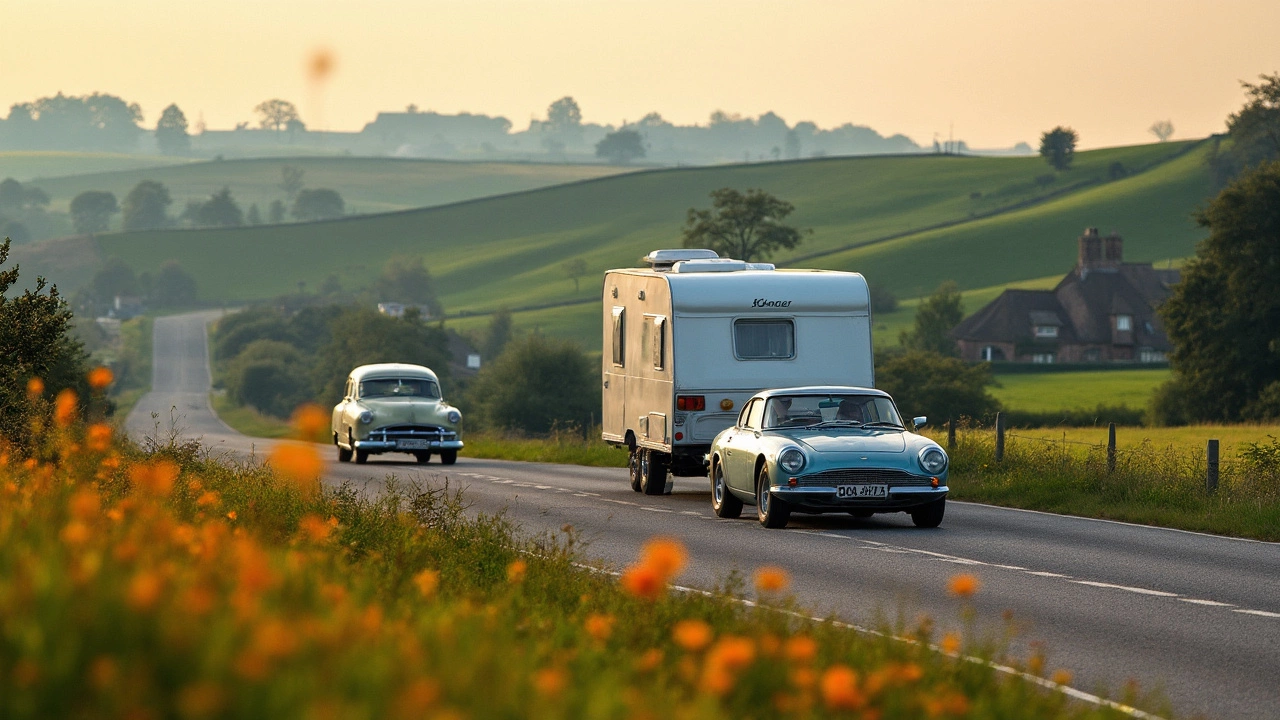 VIEW POST
VIEW POSTPulling a Camper vs. Driving an RV: Which is Cheaper?
Mar, 9 2025|0 CommentsChoosing between pulling a camper and driving an RV can significantly impact your travel budget. This article delves into the costs associated with each option, including fuel consumption, maintenance, and storage. We'll also explore some unexpected factors that can influence the price and provide tips to help you make the best decision for your road adventures. Learn how to balance upfront costs with long-term savings. -
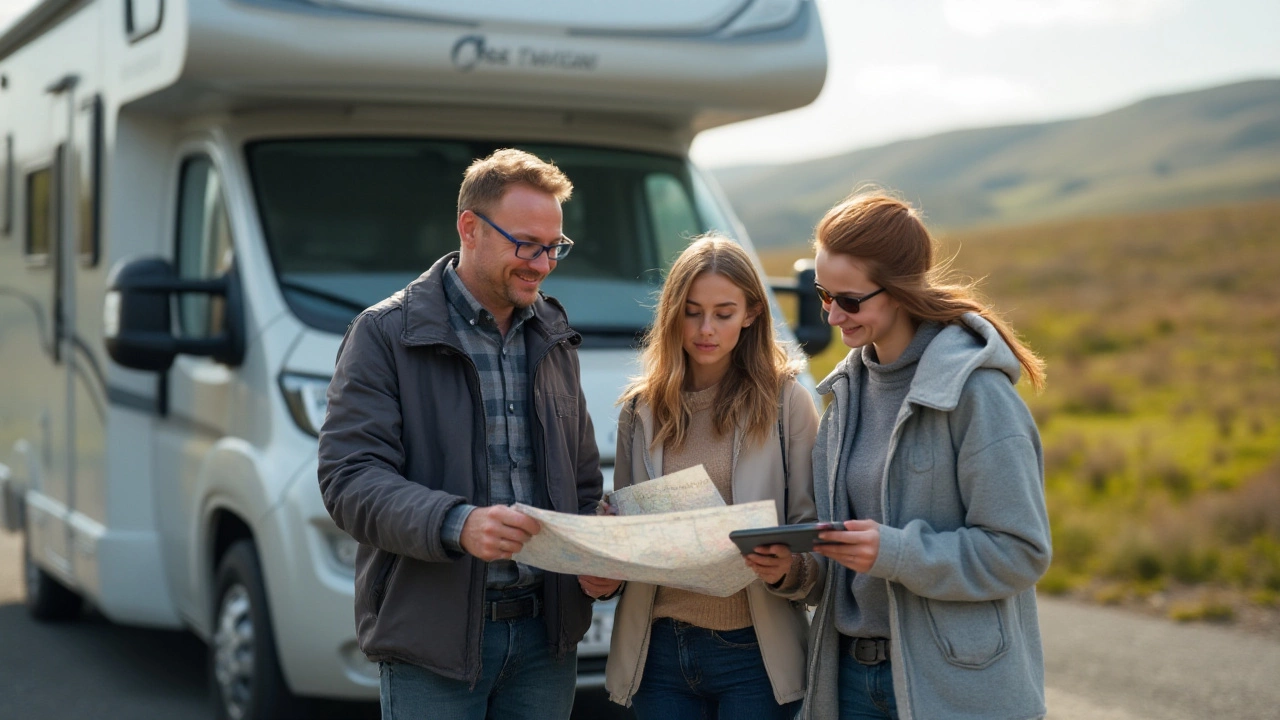 VIEW POST
VIEW POSTDriving an RV: Do You Need a Special License?
Dec, 31 2024|0 CommentsDriving an RV can be an exciting adventure, but understanding the specific licensing requirements is crucial. In many places, a standard driver's license suffices for certain types of RVs, while others require additional permits. This article explores the criteria that determine whether you need a special license to drive an RV and provides practical tips for those planning to hire one. Whether you're planning a road trip across the country or simply renting a motorhome for the weekend, knowing what license you need is the first step to ensuring a smooth journey. -
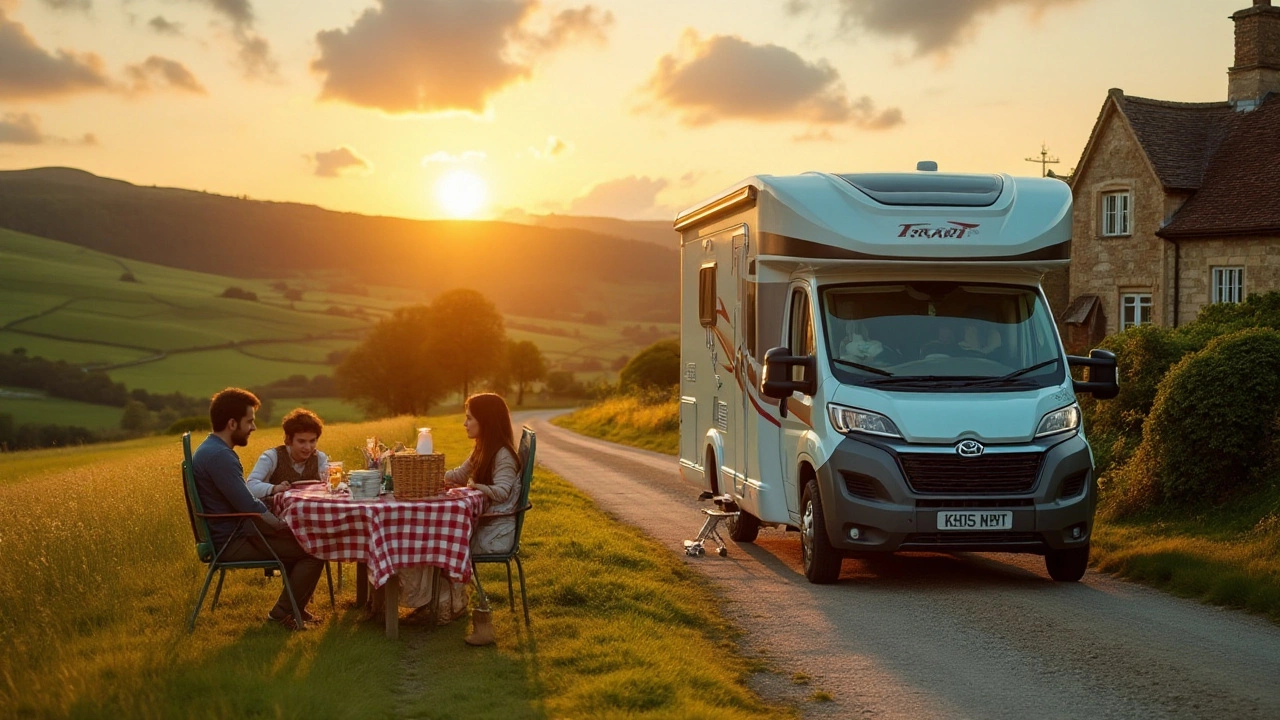 VIEW POST
VIEW POSTAre RVs a Smart Investment for Your Travels?
Nov, 10 2024|0 CommentsExploring the world in an RV offers a unique way to travel with the comforts of home. This article delves into whether owning or renting an RV is a cost-effective choice. Discover the advantages and potential pitfalls of RV investment, along with tips for maximizing your travel experiences. Understand the financial and lifestyle aspects to consider before making an RV purchase. -
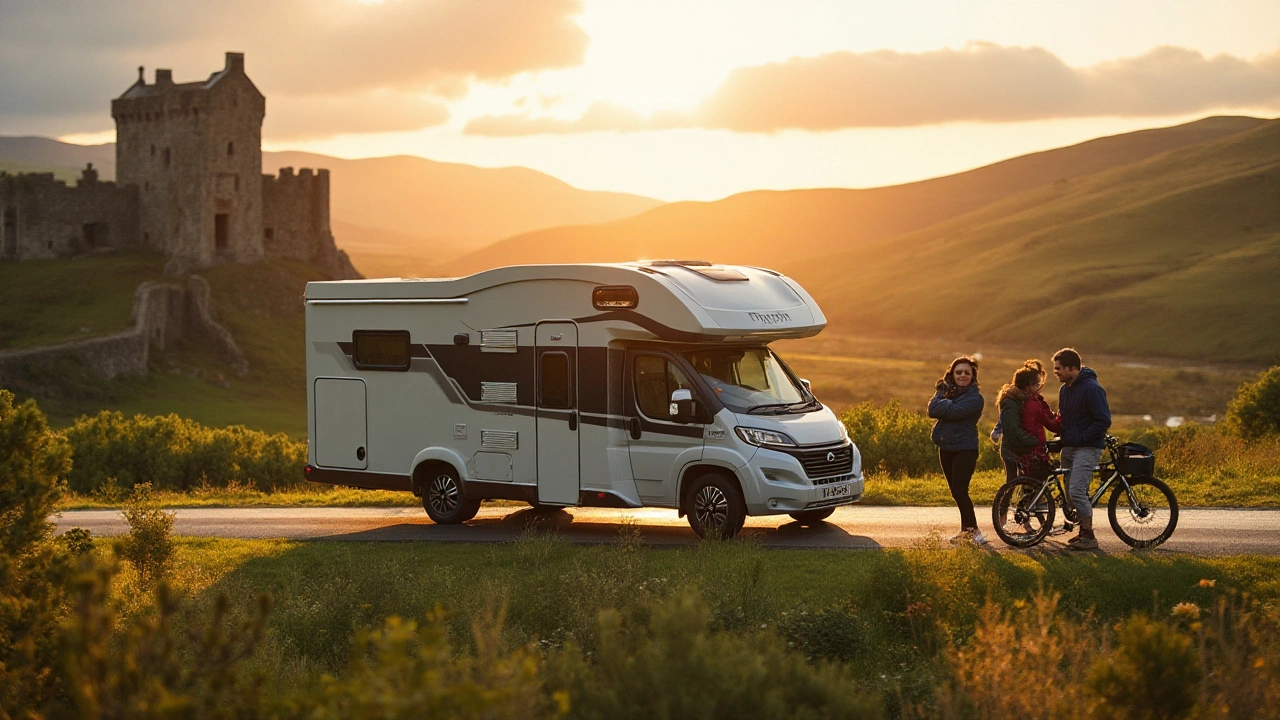 VIEW POST
VIEW POSTUnderstanding Class C Motorhomes: A Complete Guide for Renters
Oct, 31 2024|0 CommentsClass C motorhomes are a popular choice for travelers looking to hit the road with comfort and ease. These motorhomes are easily recognizable by their cab-over bunk design and are built on a truck chassis. They offer a perfect blend of size and amenities, making them ideal for families or groups new to RVing. This article explores what makes Class C motorhomes special, key features to consider when hiring one, and tips for a smooth and memorable journey. -
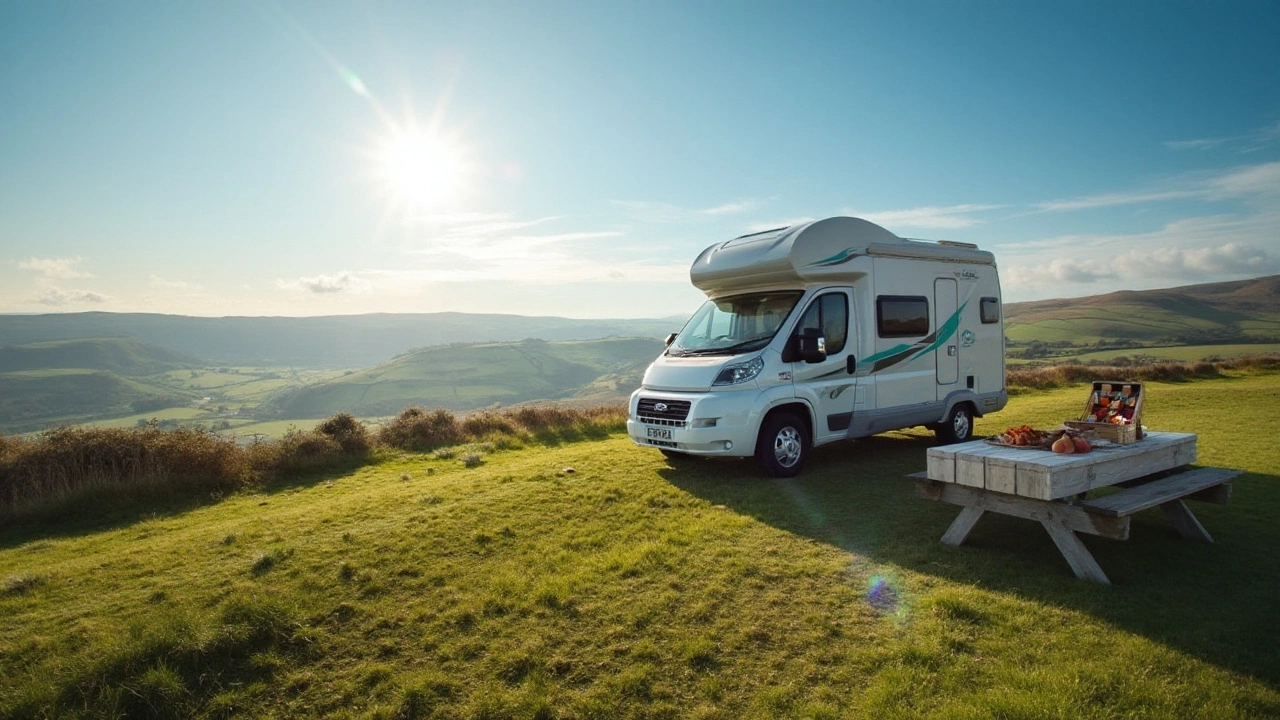 VIEW POST
VIEW POSTDiscovering Class B Motorhomes: The Perfect Compact Travel Companions
Oct, 24 2024|0 CommentsClass B motorhomes, commonly known as camper vans, are the ideal travel companions for those seeking flexibility and simplicity in their adventures. They offer all the essential amenities packed into a compact, easy-to-drive vehicle. This article explores the unique features, benefits, and practical tips related to hiring Class B motorhomes, making them an appealing choice for solo travelers and small families alike.